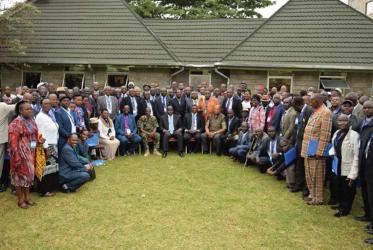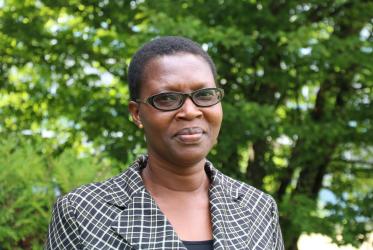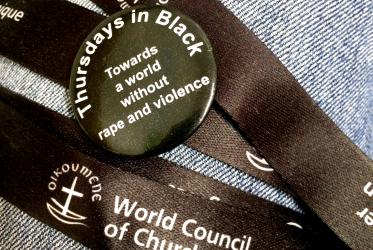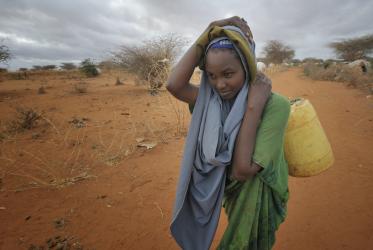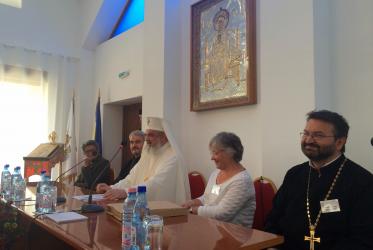Displaying 21 - 40 of 40
14 October 2017
WCC commission reflects on challenges of ecumenical formation
10 October 2017
WCC call for peaceful democratic process in Kenya
08 August 2017
Ahead of Kenya elections, concerns about peace emerge
03 August 2017
A communicator on the move
10 July 2017
Common prayer in Geneva responds to acts of violence
16 November 2015
Ioan Sauca is awarded an honorary doctorate by Romanian university
05 November 2015
WCC urges responsibility for and support to the refugees in Europe
04 September 2015
WCC Executive Committee speaks out on migrant crises
12 June 2015


